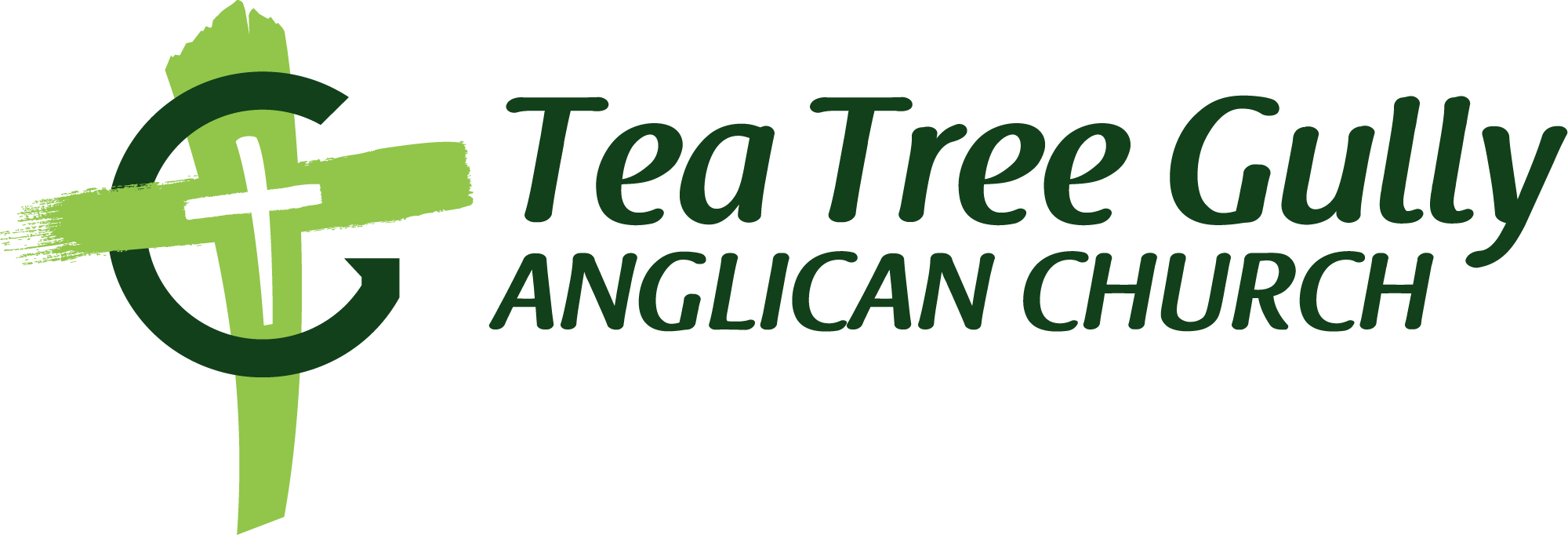Greed, for lack of a better word, is good. Greed is right, greed works. Greed clarifies, cuts through, and captures the essence of the evolutionary spirit. Greed, in all of its forms; greed for life, for money, for love, knowledge has marked the upward surge of mankind.
This line from the 1987 film Wall Street aptly characterises our society’s attitude towards greed. Greed is good.
In fact, it is the foundation of our capitalist economy and is impossible to escape in our day to day lives. Shows such as “Who wants to be a Millionaire?” feed off this desire, people like Tom Waterhouse make their fortunes from it and pokies are seen as the lifeline for pubs and footy clubs despite simply exploiting those vulnerable to greed.
Martin Luther- arguably the greatest reformer, consistently condemned greed by linking it to idolatry. He did this by using the first commandment, ‘You shall have no other gods before me’. Luther argued that this meant that, ‘we are to fear, love and trust God above all things’. In his larger Catechism he expands this, writing, ‘A ‘god’ means that from which you expect to receive all good things and to which you flee in times of need. To have a ‘god’ means nothing other than to believe and trust from the heart in something.’
Idolatry comes when we place our trust and faith in something other than God, with the expectation that it will protect us in times of need, and provide enjoyment and pleasure for us when we so desire. Most commonly an idol begins as something good, which is then elevated beyond what it was created for and so becomes warped and destructive.
Greed is an obvious example of this, as it is the accumulation of assets and materials beyond what is necessary. It is important to remember that although most commonly greed is associated with finances and the accumulation of wealth, it can have any number of other faces. The problem of greed in Australia today is not only obvious, but actively flaunted. It’s portrayed as being financially savvy or economically responsible.
This presents a challenge for Christians trying to interact with the world while remaining distinct from it; is wealth something we can pursue? Are we allowed to own a house or a nice car? These are all great questions to ask, but I think a useful beginning point is to ask Luther’s question: where do you place your trust? When you think of security and assurance, do you rely on God or your bank balance?
These questions – though perhaps confronting, will help identify if this ‘deadly sin’ is a problem for you. Of course, there is nothing wrong with being economically responsible, in fact we are told to be shrewd with our money. But for the rich or the poor, wherever you stand, let’s spend some time this week before God alone considering where we place our trust.
